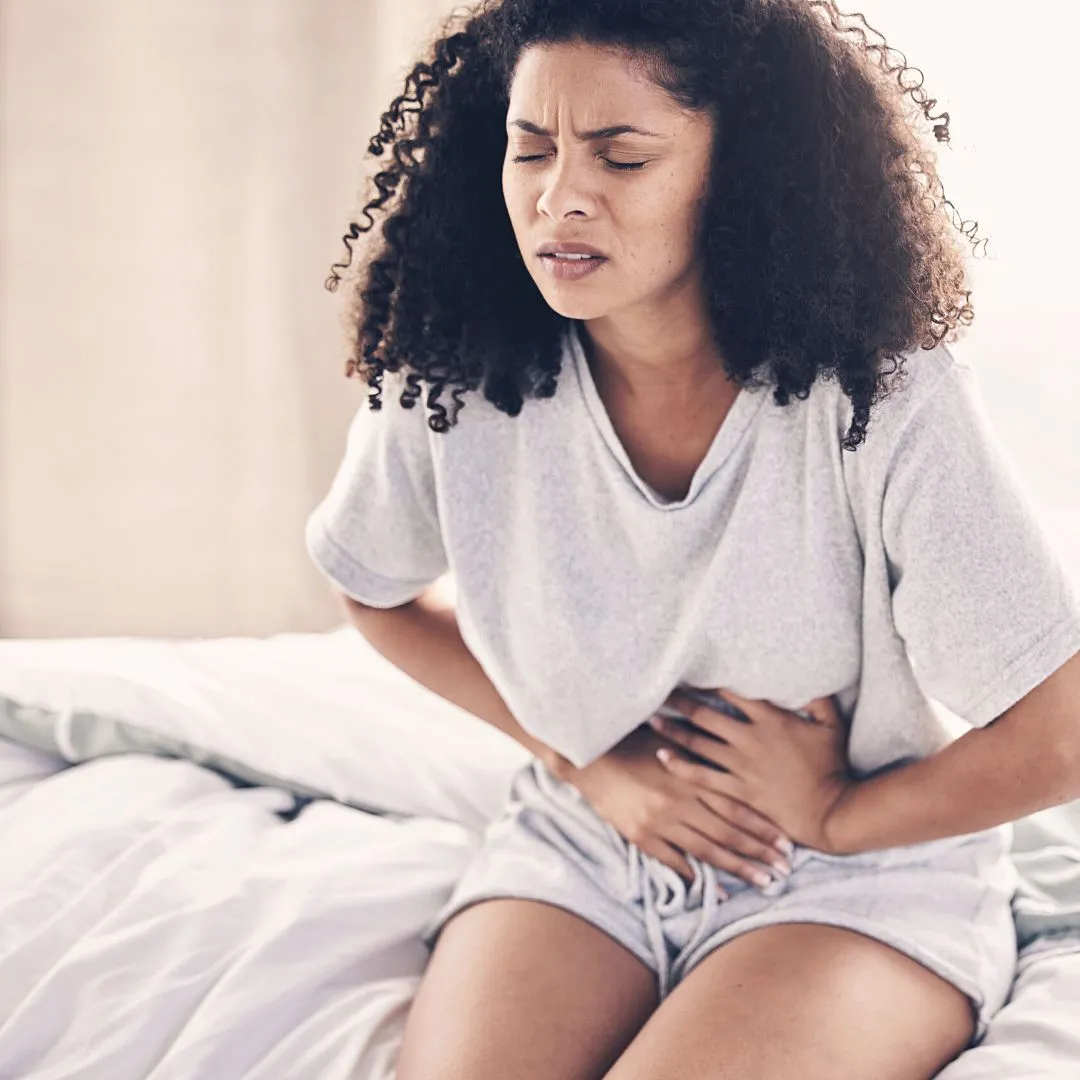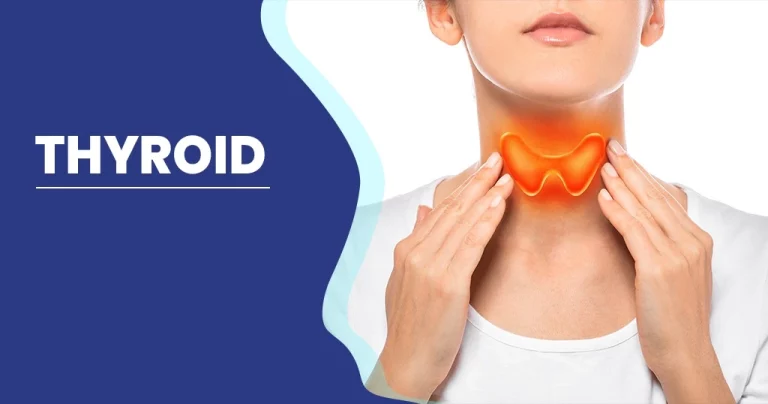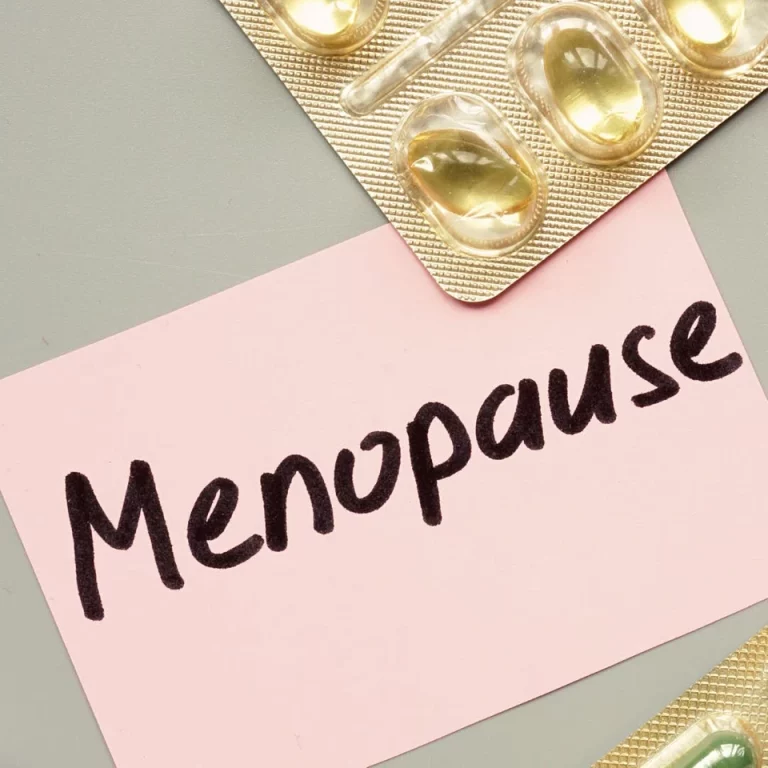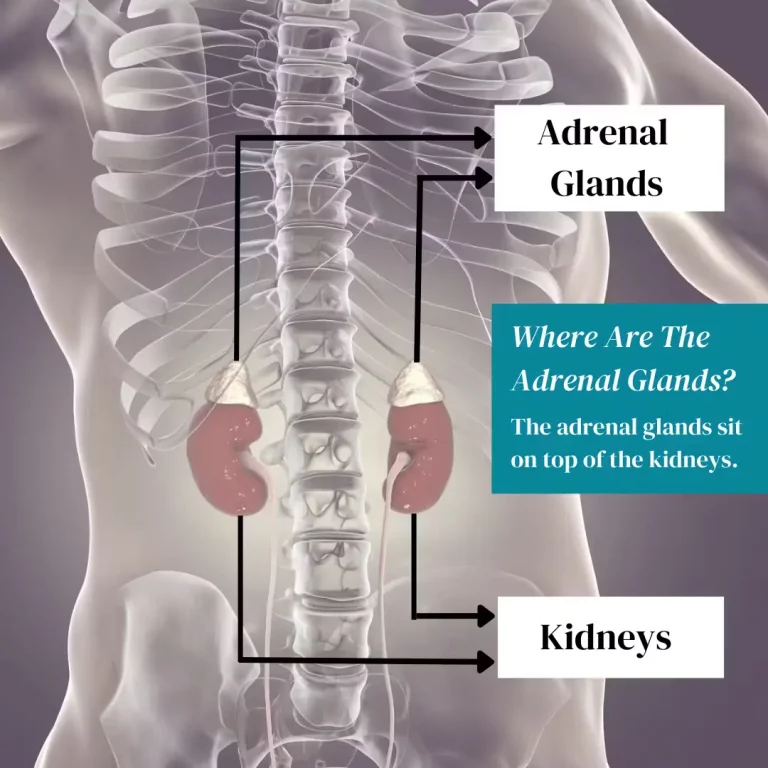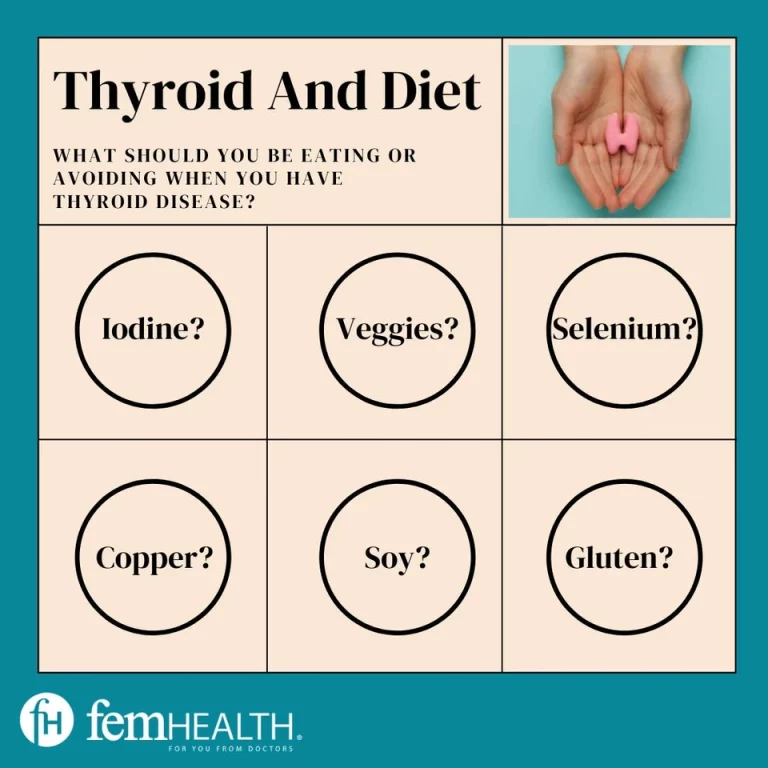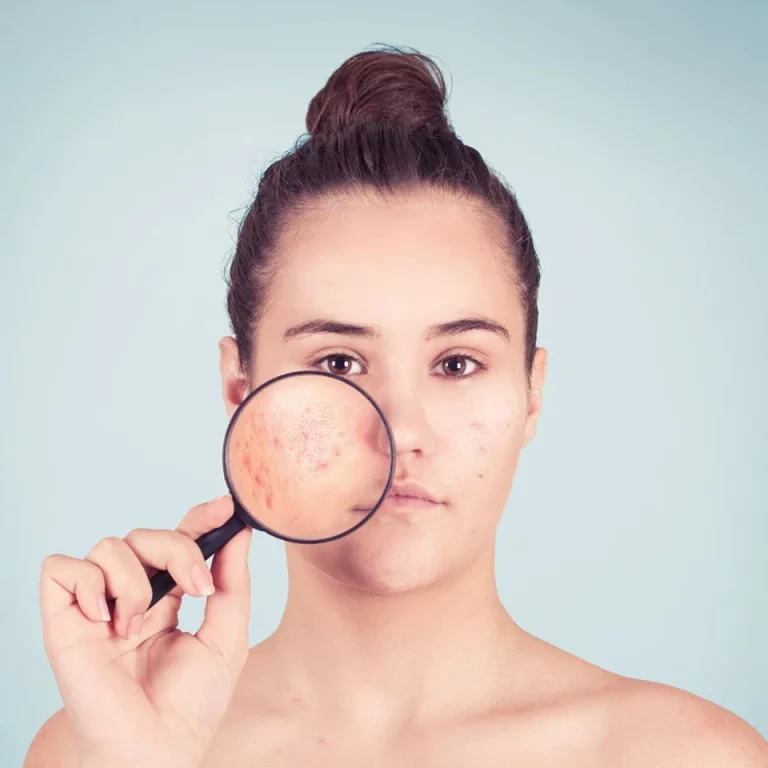Painful Periods With PCOS: Causes And Treatment
Polycystic ovary syndrome (PCOS) is a common hormonal disorder that affects women of reproductive age. Many people with PCOS have painful periods.
PCOS Painful Periods: Why?
Polycystic ovary syndrome (PCOS) affects at least 10% of women of reproductive age. Many of these patients also have dysmenorrhea.
What Is Dysmenorrhea?
Dysmenorrhea refers to the medical term for pain associated with menstruation, commonly known as menstrual cramps. It’s one of the most common menstrual disorders. Dysmenorrhea is categorized into two types:
Primary Dysmenorrhea: This type involves pain that comes with menstruation but without an underlying health issue causing it. The pain typically begins one to two days before menstruation and can last from two to four days. It’s often related to the production of prostaglandins in the uterus, which can cause the uterine muscles to contract, leading to pain.
Secondary Dysmenorrhea: This type is due to an underlying reproductive system disorder that causes pain during menstruation. Conditions such as endometriosis, adenomyosis, uterine fibroids, or pelvic inflammatory disease can lead to secondary dysmenorrhea. The pain from secondary dysmenorrhea can begin earlier in the menstrual cycle and last longer than primary dysmenorrhea.
Symptoms of dysmenorrhea can include:
- Pain in the lower abdomen or pelvis
- Back pain
- Nausea
- Vomiting
- Diarrhea
- Headaches
- Dizziness
Reasons For Dysmenorrhea In PCOS
Some patients with PCOS may have very painful periods. However, not all patients will suffer from this.
The reasons for more painful periods in women with PCOS may include:
1. Very Enlarged Ovaries
In PCOS, the ovaries could be significantly enlarged compared to the general population. This could result in moderate to mild discomfort depending on the patient.
2. Heavier Flow & Uterine Lining Buildup
Patients with PCOS may have heavier flow. This could be due to elevated levels of androgens and estrogen. This can cause the uterine lining to buildup more in these patients.
Hormone levels play a crucial role in the proper functioning of a woman’s menstrual cycle. PCOS is characterized by a hormone imbalance which includes high levels of androgens. Androgens are male hormones that are usually present in small amounts in women. The hormonal imbalance in women with PCOS can result in a number of symptoms, some of which include:
- Irregular periods
- Heavy bleeding
- Menstrual cramps
Irregular periods can result in the uterine lining (endometrium) building up for a longer time than usual. When menstruation occurs, the body may shed this thicker lining, which can cause more intense menstrual cramps and heavier bleeding.
3. Inflammation
Women with PCOS often have higher levels of inflammation in their body. Inflammation can contribute to menstrual pain and discomfort.
4. Co-existing Conditions
Women with PCOS are also more likely to have co-existing conditions that can cause painful periods, such as endometriosis or uterine fibroids.
Endometriosis
Endometriosis is a condition in which tissue similar to the lining inside the uterus, called the endometrium, starts to grow outside the uterus, where it doesn’t belong. This can lead to pain, especially during menstrual periods. The pain can vary from mild to severe and can affect quality of life. Other symptoms may include heavy periods, pain during intercourse, infertility, and pain with bowel movements or urination during menstrual periods. The intensity of pain is not necessarily related to the extent of the endometriosis; some women with mild endometriosis can have severe pain, while others with advanced endometriosis may have little or no pain.
Fibroids
Fibroids, also known as uterine fibroids or leiomyomas, are non-cancerous growths that develop in or on the uterus. While many women with fibroids experience no symptoms at all, fibroids can be painful for some individuals. The experience of pain or discomfort varies depending on the size, location, and number of fibroids. Here are some ways fibroids can cause pain:
- Pelvic Pain: A common symptom for women with fibroids is a feeling of pressure or heaviness in the pelvis. This can sometimes be painful, especially if the fibroids are large.
- Menstrual Pain: Fibroids can cause more painful, heavier periods than usual. Some women experience severe cramps and a significant increase in menstrual bleeding.
- Pain During Intercourse: Some women with fibroids may experience pain during sexual intercourse, particularly if the fibroids are located near the surface of the uterine wall.
- Back Pain: If the fibroids press against the muscles and nerves of the lower back, they can cause back pain.
- Pain from Growth: Rapid growth of a fibroid or growth that puts pressure on nearby organs can cause pain or discomfort.
- Degeneration: Occasionally, a fibroid can undergo a process called degeneration, where it begins to break down, which can cause acute, severe pain. This is more likely to occur during pregnancy.
Adenomyosis
Adenomyosis is known to cause painful periods, a condition medically referred to as dysmenorrhea. Adenomyosis happens when the endometrial tissue, which normally lines the inside of the uterus, begins to grow into the muscular wall of the uterus.
This growth can lead to an enlarged uterus and thicker uterine walls, causing significant pain and heavier than normal menstrual bleeding.
PCOS Period Pain Relief
There are are few different ways to manage painful periods when you have PCOS.
Lifestyle And Dietary Considerations
Adopting a healthy diet and making lifestyle changes are some of the best ways to manage painful periods associated with PCOS.
Weight loss can help improve hormonal imbalances and reduce the severity of pain during periods. Incorporating regular physical activity into one’s daily routine is a good idea for overall health and can aid in weight loss.
Additionally, consuming foods rich in antioxidants, fiber, and anti-inflammatory properties can help improve overall health and manage period pain.
How do these changes help?
Lifestyle changes can result in lower inflammatory markers reducing inflammation. Also, managing the insulin resistance that goes with PCOS through diet and exercise can help to make periods lighter and more regular, and therefore less painful.
Role Of Insulin Resistance In PCOS?
Insulin resistance is another key factor in PCOS. When a person is insulin resistant, their body’s cells do not respond well to insulin, resulting in high insulin levels. This can lead to an increase in the production of androgens, worsening the hormonal imbalance in women with PCOS.
Some of the potential complications of insulin resistance in PCOS patients include:
- Higher risk of type 2 diabetes
- Cardiovascular issues
- Infertility
Medication and Hormonal Treatments
For women with painful PCOS periods, various treatment options can also help alleviate pain and regulate the menstrual cycle.
Oral Contraceptives
Oral contraceptives or hormonal birth control pills, such as a combination of estrogen and progestin, can help regulate menstrual cycles, and reduce pain during periods.
NSAIDS
Another effective treatment is the use of nonsteroidal anti-inflammatory drugs (NSAIDs), like ibuprofen, which can help relieve period pain. NSAIDs should be taken as directed and are usually recommended for short-term use to avoid potential side effects.
See Your Doctor
In some cases, healthcare professionals may prescribe medication to manage insulin resistance or address metabolic issues, which can help to improve the overall symptoms of PCOS and support weight loss.
Symptoms And Diagnosis Of PCOS
If you don’t have a diagnosis of PCOS but you do have painful periods, its important to let your Ob Gyn know. It may be related to PCOS but also could be related to other serious health problems that have similar symptoms.
The most common PCOS symptoms include:
- Irregular menstrual periods: It is common for women with PCOS to have infrequent, irregular, or prolonged menstrual cycles.
- Excess facial and body hair: An increase in male hormones (androgens) can cause excessive hair growth on the face, chin, and other parts of the body.
- Weight gain: Many women with PCOS struggle to maintain a healthy weight due to insulin resistance and hormonal imbalances.
- Hair loss: Thinning hair or male-pattern baldness may be experienced by some women with PCOS.
- Hormone imbalance: Elevated levels of androgens and imbalances in other hormones, such as estrogen and progesterone, are common in PCOS.
Diagnosing PCOS
Diagnosing PCOS is a challenge. There is no single test to definitively confirm the presence of the syndrome. Typically, healthcare providers use a combination of medical tests and diagnostic criteria to identify PCOS. Some of the key components include:
- Polycystic ovaries: An ultrasound examination can reveal the presence of multiple small follicles within the ovaries, providing evidence of polycystic ovaries.
- Clinical and biochemical signs of elevated androgens: These signs include excess hair growth, acne, and elevated blood levels of male hormones.
- Irregular or absent menstrual periods: A history of irregular periods supports the diagnosis of PCOS.
It is important to work closely with a healthcare professional to obtain an accurate diagnosis and develop a tailored treatment plan to manage the symptoms and potential health risks associated with PCOS.
PCOS Painful Periods: Summary
Polycystic ovary syndrome (PCOS) is a hormonal disorder affecting at least 10% of women of reproductive age, often leading to painful periods or dysmenorrhea. Dysmenorrhea, categorized into primary (without an underlying health issue) and secondary (due to reproductive system disorders), causes symptoms like lower abdomen pain, nausea, and headaches.
In PCOS, painful periods may result from enlarged ovaries, heavier menstrual flow due to hormonal imbalances, and higher levels of inflammation. Conditions like endometriosis and uterine fibroids can exacerbate menstrual pain in women with PCOS. Treatment options include lifestyle and dietary changes, medication, and hormonal treatments like oral contraceptives and NSAIDs to manage pain and regulate menstrual cycles.


